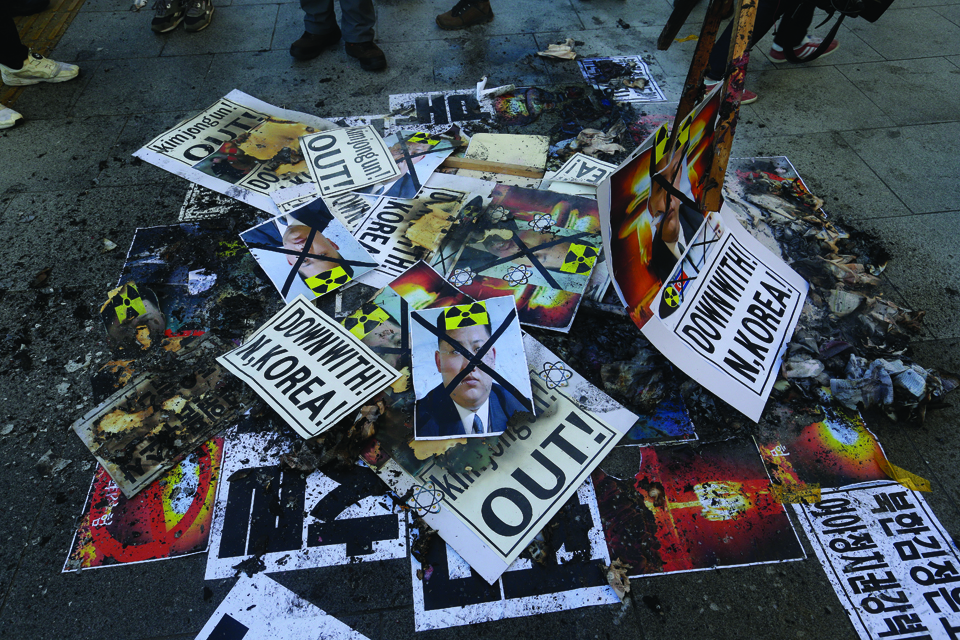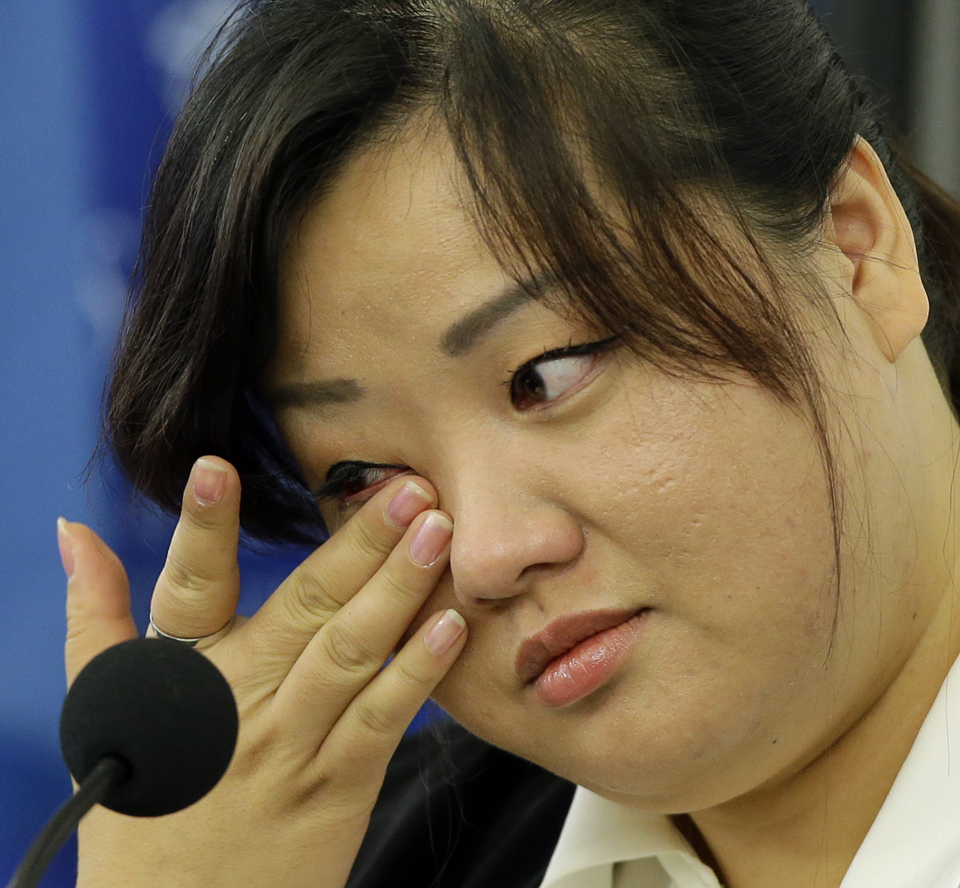Sean Ray | Student Columnist
From Sept. 9 to Oct. 14, North Korean Supreme Leader Kim Jong Un disappeared off of the face of the earth, leaving many asking questions of what happened.
Was it a coup? Was he sick, as North Korean officials had said? Was it a terminal illness? Was North Korea soon to be without a leader? While he was proven to still be alive eventually, Kim Jong Un’s disappearance raises several more questions and points about North Korea, and its relationships to South Korea and the United States.
While it is easy to see Un’s disappearance as a sign of weakness, especially due to the fact he has been seen walking with a cane ever since he resurfaced, there is a danger that comes with his mysterious absence.
Un is aware of the criticisms leveled at him, at the possibility that his disappearance could be seen as an opportunity by his enemies to move against him, and there is a high possibility he will respond swiftly and brutally to suppress any thoughts of resistance against him.
Dr. Mark Haas, a political science professor here at Duquesne, echoed this sentiment.
“I think North Korea has a history of saber rattling and stirring up crisis to try to distract from any domestic problems or to try and disprove them.” Haas said in an interview, further stating that Un will try anything in his power to distract people from the issues of his disappearance.
Haas said he did believe someone would try to move against him, noting that Un is not well trusted within his own government for a series of purges he committed upon rising to power, purges that affected not only country leaders but also family members.
I agree with Haas that any outright acts against Un are ill-advised. Political dictators are very egotistic in nature, and do not accept any action taken against them, with their responses sometimes taken too far. However, I do believe Un has been placed in a very precarious position, and if he is not careful, his disappearance could end up becoming a very big deal.
Any actions Un may take to cover up this crisis can easily be turned against him. Attempting to show off his military power so as not to appear weak can easily convince more countries to turn against him and for more funding to be given to South Korea’s defenses in case of an attack.
Should he try to kill or detain government leaders plotting against him, this will serve only to make him seem more distrustful and unstable, leading only to more members of his government to plot against him.
If he should take the route of suppressing civilian protests in a violent fashion to cover up his disappearance, such an action could easily become the spark that lights the powder keg and turns his population into open revolt.
Whatever he ends up doing, I believe the United States needs to keep a close eye on North Korea in these coming months. While it is easy to be distracted by the threat of ISIS and other terrorists groups, one should remember that so far, none of those groups possess nuclear capabilities like North Korea does. The Cold War may be over, but it’s after effects are still present.
However, this must be done subtly. Outright sending ships to North Korean waters or sending more troops or supplies to South Korea would only provoke Un into violent action.
Besides being egotistical, dictators are very paranoid and possessive when in regards to their power. And being that many of them are built upon a “Cult of Personality” centered around themselves, any damage to their image or perceived damage to their image is taken as seriously as assassination attempts or uprisings. After all, the loss of image has toppled regimes in the past, the Soviet Russian Federation fell because of this reason.
In any case, this disappearance is not something to be taken lightly or ignored now that Un has returned to power. So often it’s easy to look over major events only a short while after they occur, I did not even see articles on his disappearance until earlier this week show up on front pages of news sites. It would be foolish of the United States not to watch its back, even if ISIS is the more present and upfront threat.
A man too focused on one issue does not see the other dangers around him until it is too late.




